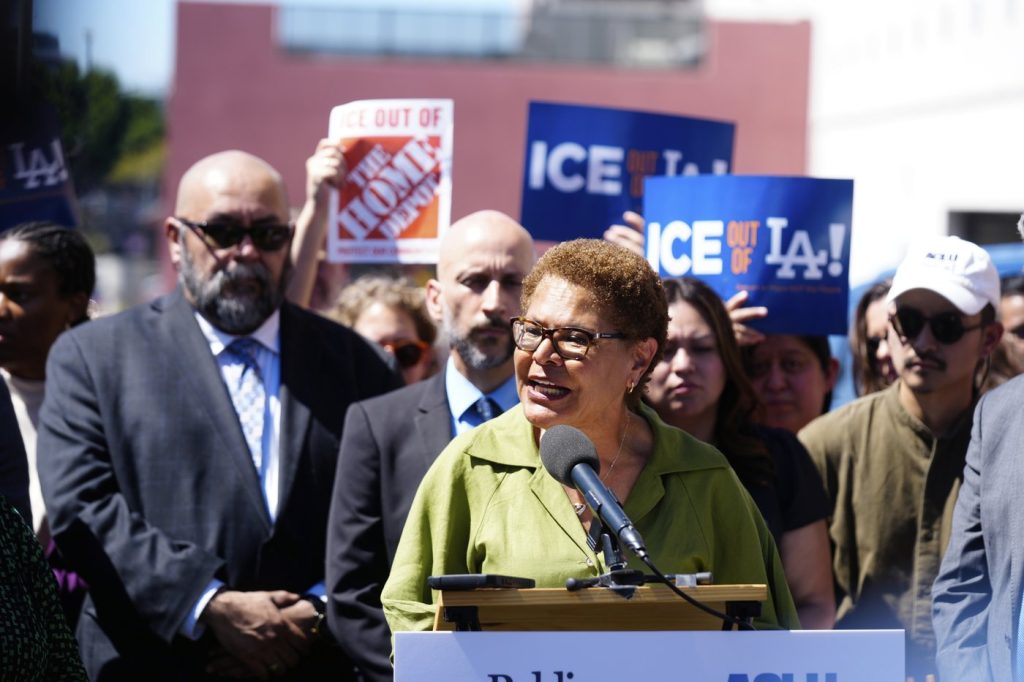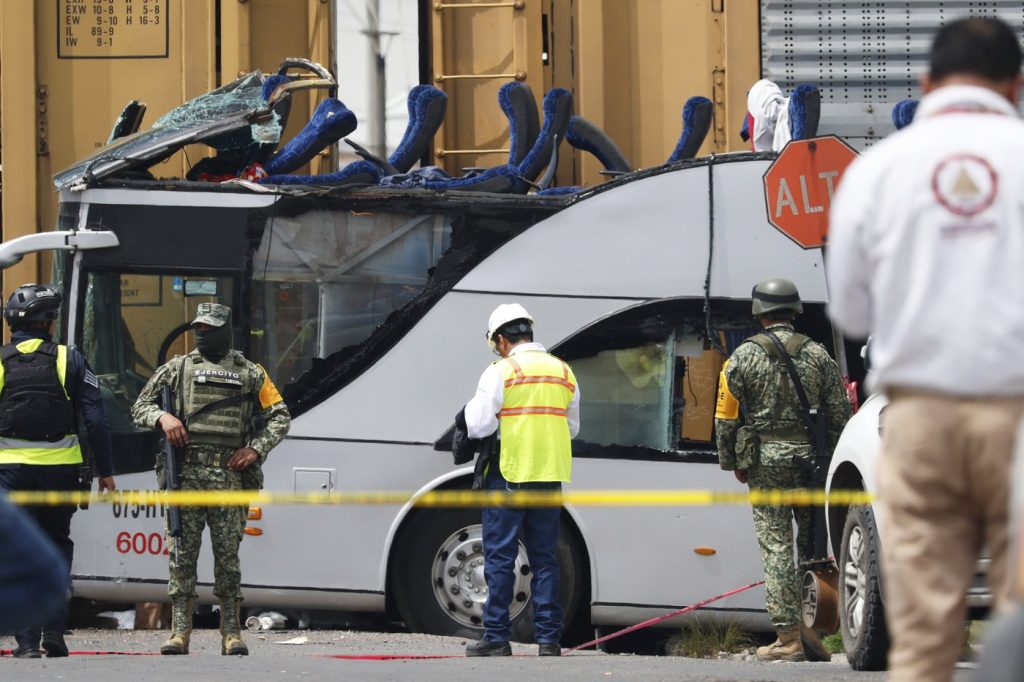The Supreme Court has permitted federal agents to conduct extensive immigration operations in Los Angeles, marking a significant win for President Donald Trump’s administration. On September 8, 2025, the conservative majority of the court lifted a restraining order that had been imposed by U.S. District Judge Maame E. Frimpong. This order previously restricted Immigration and Customs Enforcement (ICE) agents from stopping individuals solely based on their race, language, job, or location. The ruling allows ICE to proceed with their operations amid ongoing concerns regarding discriminatory practices.
This 6-3 decision reflects a broader trend where the Supreme Court has temporarily backed some of Trump’s most stringent policies while leaving open the possibility of a different outcome in future legal proceedings. Justice Brett Kavanaugh, in a concurrence, argued that the lower-court's order unnecessarily restricted law enforcement's ability to conduct brief stops for questioning, suggesting that post-facto judicial reviews may deter lawful immigration enforcement.
In dissent, Justice Sonia Sotomayor criticized the ruling, asserting that it undermines constitutional freedoms. She highlighted the experiences of many individuals in Los Angeles who have faced aggressive and unjust treatment by immigration agents based on their appearance or socio-economic status. Sotomayor stated, “Today, the Court needlessly subjects countless more to these exact same indignities.”
The Supreme Court's decision arises amid ongoing escalations in immigration enforcement across the nation, including in Washington D.C. where Trump has implemented a federal takeover of local law enforcement, deploying the National Guard to assist with operations. The ongoing lawsuit, brought by immigrant advocacy groups, claims that the Trump administration is systematically targeting individuals of color during its crackdown on illegal immigration. A hearing in the case is scheduled for September 24, 2025.
Judge Frimpong had previously noted a “mountain of evidence” indicating that ICE's enforcement tactics violated constitutional rights, particularly highlighting incidents involving U.S. citizens mistakenly caught up in immigration stops. The plaintiffs included several individuals who have experienced wrongful detentions, one of whom, Brian Gavidia, was filmed being detained by agents despite identifying himself as a U.S. citizen. Gavidia remarked, “I was born here in the States,” underscoring the tension between law enforcement practices and civil rights protections.
Despite widespread criticisms of the enforcement tactics employed by ICE, the Department of Homeland Security has reported over 5,000 immigration arrests since early June 2025. Federal officials have defended their practices, asserting that agents target individuals based on their illegal presence in the U.S. and that factors such as apparent ethnicity may be relevant during stops. This stance contrasts sharply with the concerns raised by advocacy groups regarding racial profiling and civil liberties violations.
The ruling has faced considerable backlash from Democratic leaders in California. Los Angeles Mayor Karen Bass condemned the Supreme Court's decision, stating it attacks not only the local community but also the rights of individuals across the country. California Attorney General Rob Bonta pointed out the inconsistency in the Court's stance on race, questioning how the same judicial body could both prohibit racial considerations in college admissions while allowing its use in immigration enforcement. Governor Gavin Newsom expressed that the ruling permits ICE to conduct stops that could indiscriminately target U.S. citizens and children, thereby harming local families.
Plaintiff Pedro Vasquez Perdomo articulated the trauma of being detained without clarity or a warrant, deeming the ruling emblematic of systemic racism in law enforcement. He declared, “That’s not justice. That’s racism with a badge.” This sentiment resonates among civil rights advocates who fear the ruling will embolden aggressive immigration tactics in major urban centers nationwide.












